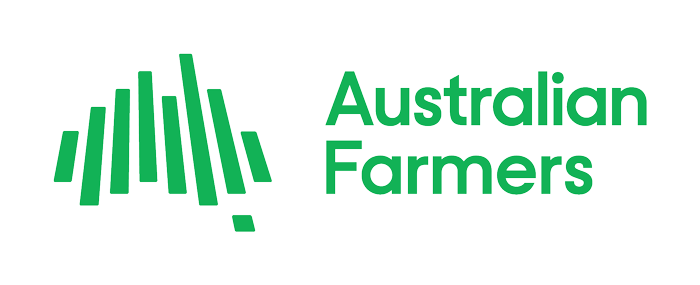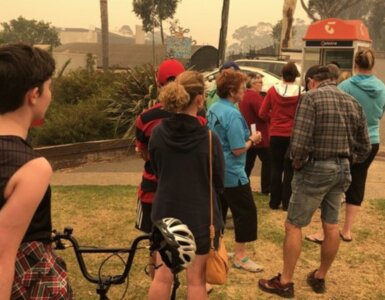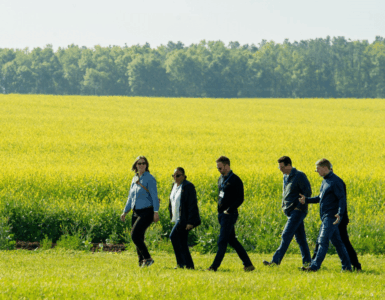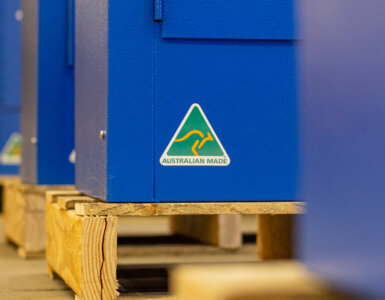In recent months, an alarming outbreak of bird flu has been discovered on several farms in Victoria and Sydney. In this article, Australian Farmers unpacks the impact this outbreak has on egg supply, as well as provide insights into the efforts being taken to manage and mitigate the situation.
What is bird flu and how did it get here?
Avian influenza, often referred to as bird flu, is a highly contagious viral infection that affects bird species, particularly poultry. The virus can spread through direct contact with infected birds or contaminated environments. In the case of the recent outbreaks in Victoria and Sydney, it is believed that migratory birds could have played a role in spreading the virus to domestic poultry farms.
Is it contagious to humans?
Most people are not at risk of this disease, except if they come in contact with infected birds or their secretions while in affected areas of the world, or possibly if caring for a person infected with the virus.
How widespread is the outbreak?
The bird flu outbreak has been detected on multiple farms in both Victoria and NSW.
The detection of H7N3 avian influenza has been discovered at seven farms in south-west Victoria. More than 1 million birds have been euthanised to try and prevent the spread of the virus.
More recently, virus strain HPAI H7N8 was detected on two poultry egg farms in the Hawkesbury district of NSW. It is reported that 8,000 birds died from the flu as it swept through the farm with 240,000 birds at the farm to be euthanised.
A different strain, H9N2, was found in Western Australia, though it is considered less dangerous.
Authorities have implemented stringent measures to control the spread of the virus, including quarantine zones and movement restrictions for animals, vehicles, and poultry products within affected areas.
What measures are being taken to control the outbreak?
To control the outbreak, the following measures have been implemented:
Quarantine: Infected farms have been quarantined to limit the virus’s spread to other areas.
Culling: Infected and at-risk birds are being humanely culled to reduce the virus’s presence.
Biosecurity: Enhanced biosecurity measures, including restrictions on the movement of birds and eggs, have been put in place.
Monitoring: Continuous surveillance and testing are being conducted to identify any new cases promptly.
The Victorian poultry industry are taking a proactive role in terms of either cancelling or postponing regional poultry shows. The Melbourne Royal Show has recently announced it will cancel this year’s poultry competition.

How does bird flu affect egg supply?
Victoria, New South Wales and Queensland produce more than 350 million dozen eggs each year combined.
With affected farms under quarantine and many birds culled, egg production has drastically decreased. There will be some disruption to egg supply as retailers reorganise their supply. Customers are being urged not to panic-buy eggs.
Coles and Woolworths have placed purchase limits on eggs following the outbreaks.
Australian Eggs boss Rowan McMonnies says consumers would at worst see a minor inconvenience when trying to purchase, adding “if you want eggs, you will get them”.
What measures are being taken to ensure egg safety?
Despite the outbreak, authorities assure us that eggs and poultry products available in supermarkets remain safe for consumption. Agriculture Victoria and other agencies have emphasised that the virus does not pose a risk through properly handled and cooked poultry products. Ongoing monitoring and biosecurity measures are in place to maintain the safety and quality of these products.
How can consumers support farmers?
You can support affected farmers in several ways:
Understanding and patience: Recognise the challenges farmers are facing and be patient with supply shortages.
Buy local: Whenever possible, purchase eggs and poultry products from local farmers who might not be affected by the outbreak.
Stay informed: Keep informed about the situation through credible sources and support policies that aid in recovery efforts.







































Add comment